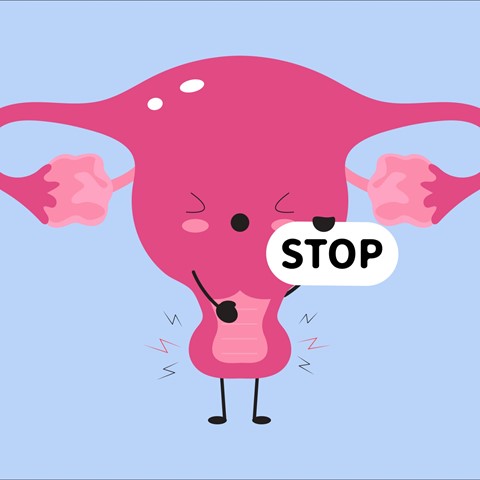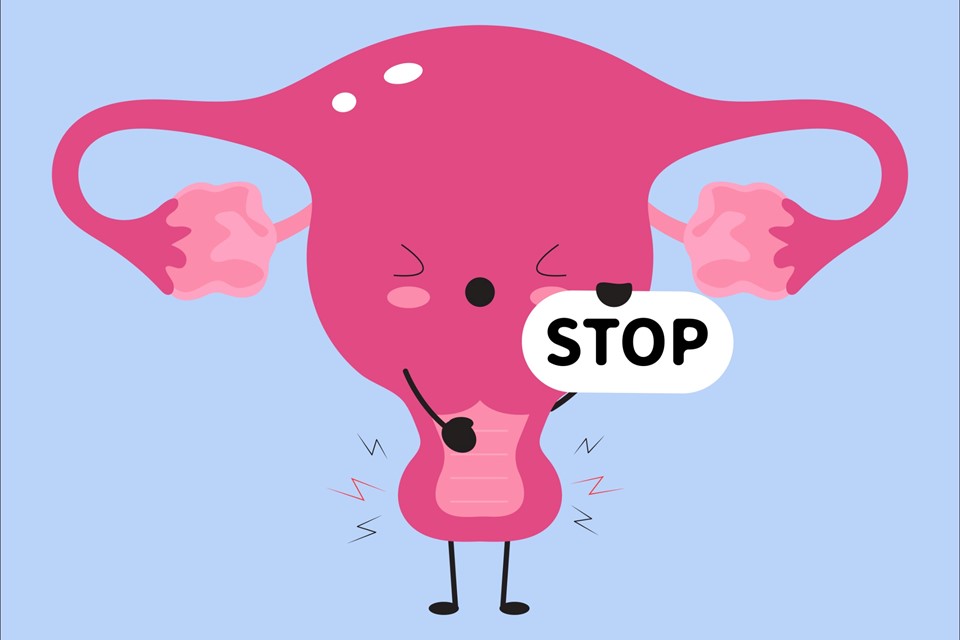How to Stop Your Periods

Saturday, 5 August 2023

Your menstrual cycle is the most natural thing in the world, but there are times in your life when you want to be able to delay your periods or even stop them altogether. Since time immemorial, women have employed all kinds of methods to stop their periods, including ‘home remedies,’ which, for the most part, fail to work and can even cause harm.
Reasons to stop your periods
For some, the wish to stop periods completely stems from a number of medical reasons, such as:
· Heavy bleeding
· Severe pain
· Endometriosis
· Uterine fibroids
· Migraines related to the monthly cycle
By far the best way to manage your periods is to start by discussing with Mr Broome, Consultant Gynaecologist, safe ways to stop your periods, and if you want to stop them on a temporary basis, say for a holiday or special occasion, it’s important to schedule this discussion a few months in advance.
Here are some of the options you can talk about with your doctor which are all about controlling and manipulating your menstrual hormones in a safe and controlled way.
Birth control pills
Most contraceptive pills contain synthetic hormones, oestrogen and progestogen, and are taken on a continuous 28-day cycle. With most of them, you will take three weeks worth of pills containing the hormones, then take no pills for the next seven days, or with some makes of pill, you will take a placebo for the seven days, which contains no hormones. The seven-day ‘rest’ period is typically when your period would start, but if you want to stop the period altogether, you will simply skip the seven-day ‘rest’ period and start on the next pack. While this method is safe for around 3-4 months, it is not recommended as a permanent solution. This is because if no periods are allowed, normally congestion could build in the uterus.
Birth control pills also have the advantage of preventing anaemia in those who suffer heavy periods, as well as helping you to enjoy a less stressful life without the cramps, bloating and pain that periods sometimes cause.
Intrauterine device
An IUD containing progestogen is inserted into the uterus to prevent pregnancy and, in most cases, will stop the periods. This method is suitable for those who don’t want to think about or deal with monthly bleeding for a prolonged period of time.
Vaginal rings or patches
These work in the same way as the birth control pill in that they deliver hormones over 21 days. The patch is placed on the abdomen, or the ring is inserted into the vagina. After the 21 days, you would typically remove the patch or ring for seven days before replacing it with a new one. To stop the period occurring in the 7-day period, you would simply use a new patch or ring immediately after the 21 days.
Hormone implants
A hormone implant, usually inserted under the skin of the arm, has been shown to stop periods in around a third of users but usually helps to make periods lighter and ease cramps and other symptoms. The device is typically left in place for up to three years.
What won’t work
The internet, in particular, is full of ‘home remedies’ and often downright harmful ideas for stopping periods. These include:
· Drinking lemon juice
· Drinking salt water
· Drinking vinegar – any type
· Drinking pineapple juice
· Drinking raspberry leaf tea
· Taking the morning-after pill
· Taking ibuprofen
The only sure and safe way to temporarily or permanently stop your periods is through the control and management of your hormones, so make an appointment with Mr Broome to discuss safe ideas and solutions which work for you. With many years of specialist knowledge and experience, he will be able to guide you to the right treatment for you.

